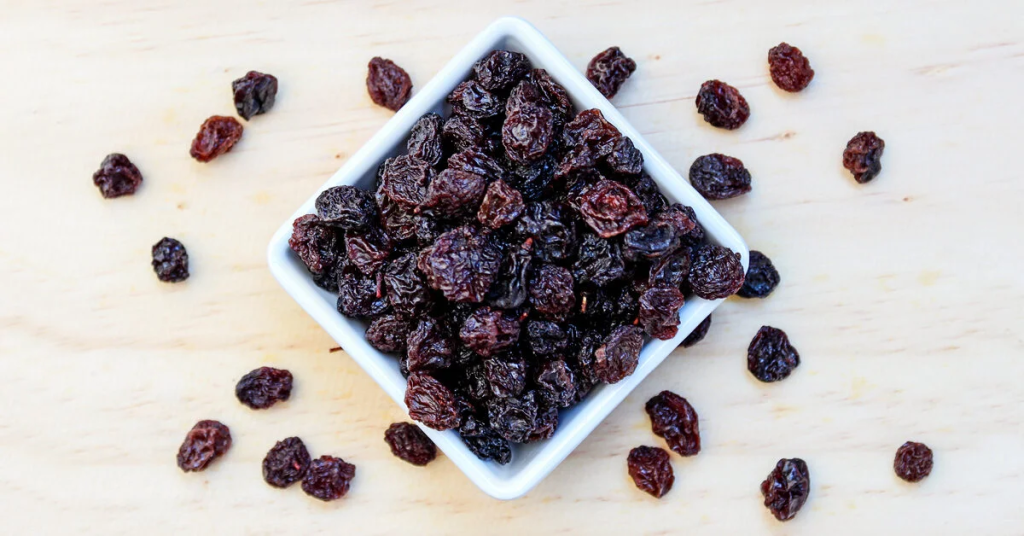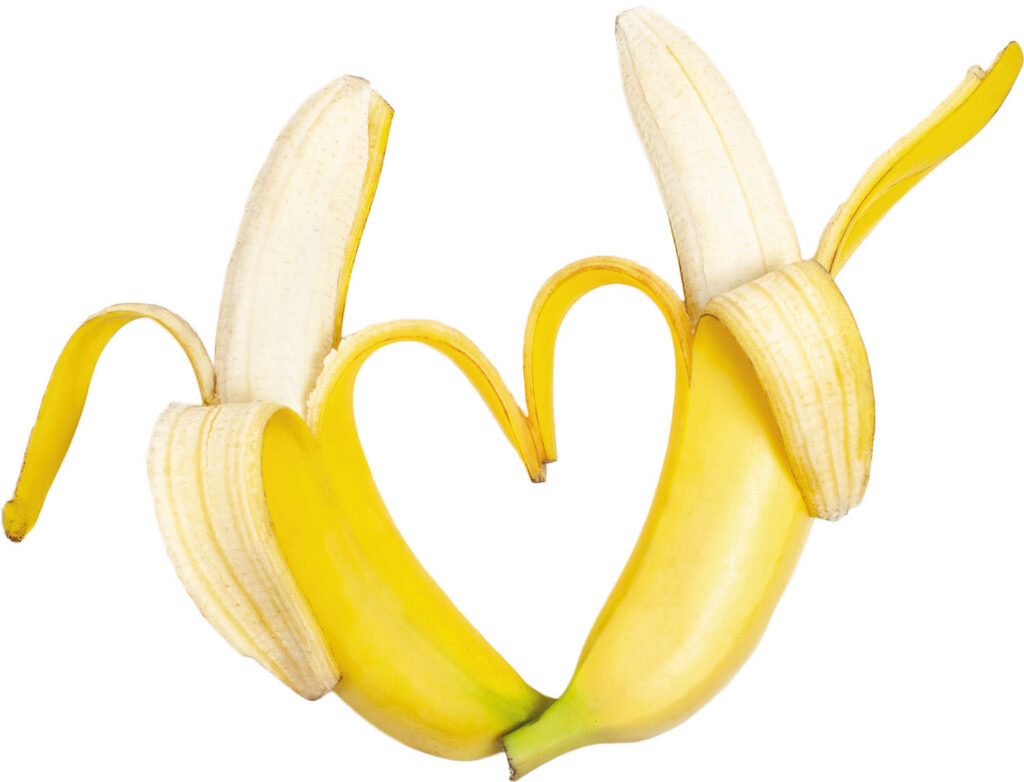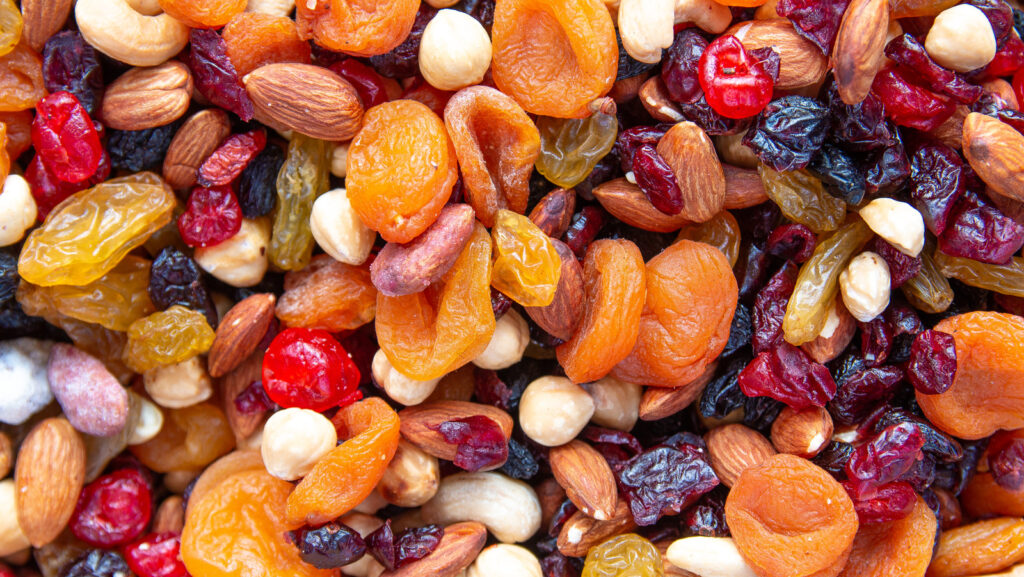Diabetes is a common health issue affecting many individuals worldwide. To manage this condition effectively, it’s crucial to eat healthily and lead an active lifestyle. Including the right kind of fruits in your diet is a step towards balancing blood sugar levels. Dried fruits, in particular, can play a valuable role in your dietary plans for diabetes management.
Table of Contents
Understanding Dried Fruits
Dried fruits are just regular fruits with the water content removed, either naturally under the sun or through artificial dehydration methods. They are smaller, denser, and packed with flavor than fresh fruits, and they make a convenient snack option. Energizing and not heavy in added sugars like some snacks, dried fruits can fit well into your diet.
They are loaded with dietary fiber, essential vitamins, minerals, and antioxidants. These attributes make dried fruits a recommended food item for individuals battling diabetes.
A List of 10 Prime Dried Fruits for Diabetics
With plenty of dried fruits to choose from, here’s a detailed list of 10 fine options that are particularly suitable for people managing diabetes:
1. Almonds
Almonds are quite nutritious and especially suitable for managing type 2 diabetes. Rich in vitamin E and packed with antioxidants, they support regulation of insulin.
Regular consumption of about 4-5 water-soaked almonds daily may help reduce blood sugar levels and promote better digestion. A healthier heart might also be a perk due to the positive effect on cardiovascular risks linked with diabetes.
Munching on almonds is a smart snacking choice for diabetics, as it provides nutrients without spiking the blood sugar. Almonds can be included at breakfast or after meals for consistent blood sugar management throughout your day.
Almonds aren’t just high in healthy fats and fiber, which are known for their satiating effects that help prevent overeating, but they also contribute valuable vitamins and minerals to your diabetes-friendly diet.
2. Walnuts
Walnuts are another wonderful nutrient source for diabetics, boasting not only plant protein and dietary fiber but also beneficial unsaturated fats. Their content of melatonin, found inmelatonin, could play a role in enhancing insulin sensitivity and blood glucose regulation.
You can introduce walnuts into your daily diet in a variety of enjoyable ways:
- Mix a handful of walnuts with your breakfast oatmeal or yogurt
- Use walnuts ground up as a crust for meats like chicken or fish
- Sprinkle chopped walnuts over salads, in baked treats, or on top of cooked vegetables
- Spread walnut butter on slices of whole-grain toast or crackers
For wellness, aim to have about a quarter to a third cup of nuts daily (around 30-45 grams), as they are high-calorie and fatty foods.
Incorporating walnuts in moderation offers many benefits, and you can snack on them or include them in dishes like oatmeal and salads for added texture and taste.
While walnuts can assist in controlling blood sugar, it’s important to eat them in reasonable amounts because they are dense in calories.
3. Pistachios
Pistachios are a prime snack choice for people with diabetes because of their impressive content of fiber, protein, and healthy fats that help to even out blood sugar levels. Featuring antioxidants and phytochemicals, pistachios may bring down inflammation and bolster insulin sensitivity.
Consuming pistachios offers a range of health benefits, including helping with satiety and potentially reducing cholesterol. Their richness in fiber is beneficial not only for digestion but also for general well-being.
It’s easy to mix pistachios into your eating routine because they are a balanced mix of proteins, carbs, and good fats.
Pistachios are available in various flavors to satisfy your palate. They can be eaten alone, added to salads, yogurt, or oatmeal, or used to give a nice crunch to other dishes. Choosing unsalted pistachios is advisable to keep sodium levels low. If you’re in search of a nourishing snack for weight management, pistachios could be the perfect option.
5. Prunes
Prunes, the dried form of plums, can support diabetes management due to their low glycemic index (GI) and high fiber content. These factors contribute to stabilizing blood sugar by slowing glucose absorption in the bloodstream. Alongside this, prunes are rich in antioxidants that help to cut down inflammation in the body.
Prunes can be snacked on by themselves, added to meals, or incorporated into recipes. You can also use them to natural sweeten baked items while adding moisture. Consider stirring some into oatmeal, combining with yogurt, or tossing into salads for added benefits.
When purchasing prunes, it’s best to select unsweetened varieties to better manage your sugar intake. Also, opt for prunes not treated with sulfur dioxide to avoid potential allergic reactions, which may be a concern for some people living with diabetes.
6. Figs
Figs are great for people with diabetes because they have a low glycemic index. This means they don’t make your blood sugar go up quickly.
These fruits are full of good stuff like fiber, which helps manage blood sugar. They also have antioxidants and minerals that are good for you, keeping your body healthy.
You don’t need a lot of figs to enjoy their benefits. Eating them in small amounts as part of a balanced diet is key. You can have them fresh or dried. Try adding them to your oatmeal, mixing them into your yogurt, or tossing them into salads for extra flavor.
Remember, dried figs might have more sugar than fresh ones, so if you can, it’s usually better to go for fresh figs.
7. Dates
Dates are a sweet choice for diabetics because they have low glycemic index. They’re a safe kind of dried fruit to eat.
These fruits are full of antioxidants that help with issues like inflammation, blood sugar control for both type 1 and type 2 diabetes, and even help manage blood pressure and weight.
Dates have useful stuff in them like fiber, potassium, magnesium, and vitamin B6. Here’s how they help:
- Fiber keeps the absorption of sugar into your blood slow, which is good for your digestion.
- Potassium keeps your blood pressure normal.
- Magnesium is important for your nerves and muscles to work right.
- Vitamin B6 helps change food into energy you can use.
All these nutrients work together to help you keep your diabetes under control and keep your blood sugar steady.
8. Raisins
Raisins are another good option for diabetics. They have antioxidants and fiber that can help you avoid diabetes problems.
Although raisins are a healthy choice, they do have calories and sugar. If you have diabetes, it’s best to eat them in small amounts—a 1/4 cup serving has about 45 calories and 10 grams of sugar. So make sure you enjoy them as part of a diet that has a variety of healthy foods.
Raisins can be a tasty snack because they’re sweet on their own without any added sugar. This makes them a good pick for diabetics.
9. Peanuts
Peanuts are technically legumes, not fruits, but they are still a great snack choice for people with diabetes. They have important nutrients that may help with blood sugar control.
When you eat peanuts, just watch how much you eat. They’re high in calories and fat, so a little goes a long way. Eating too much could lead to weight gain.
You can enjoy peanuts in different ways—raw, roasted, or as peanut butter. But look for kinds without extra sugar or salt. For instance, unsalted versions are better for you because they have less sodium.
10. Dried Apricots
Dried apricots are full of fiber and have antioxidants, which could help you handle diabetes better.
Just like with other dried fruits, if you have diabetes, it’s important to not eat too many. Dried apricots are sugary, and having too much can make you gain weight. Generally, try to have just 1/4 to 1/2 cup a day.
There are many ways to have dried apricots. You can snack on a few, or you can chop them up and put them in your oatmeal, yogurt, or salads. They can also work as a sweetener for baking and cooking, giving you a natural sugar boost.
Can dry fruits help win the war against diabetes?
Yes, dry fruits can be part of a winning strategy against diabetes. They’re nutritious and have lots of fiber and antioxidants. But remember to eat them in small portions because they’ve got plenty of natural sugars and calories.
It’s also key for those with diabetes to keep a close watch on their blood sugar and work with healthcare providers to manage their condition.
Adding dry fruits to your meals can be a help, but they aren’t a magic cure for diabetes. So, it’s best not to depend on them alone to control your diabetes.


















